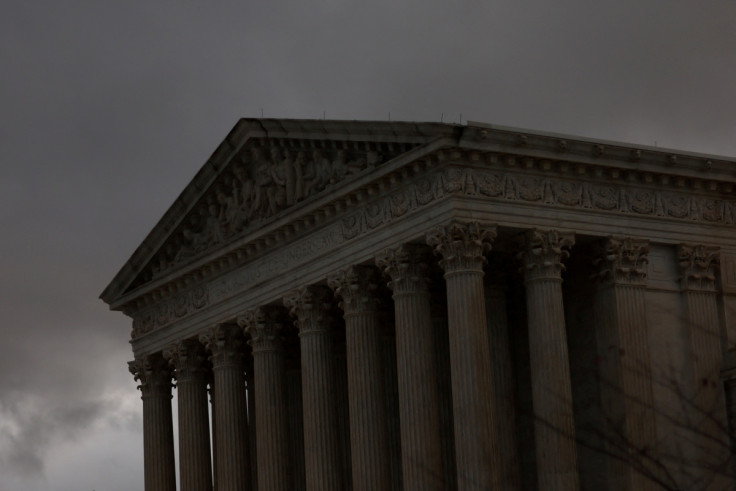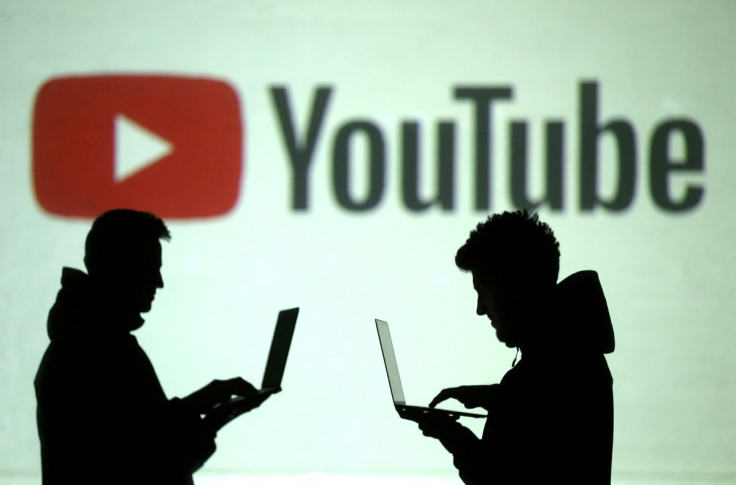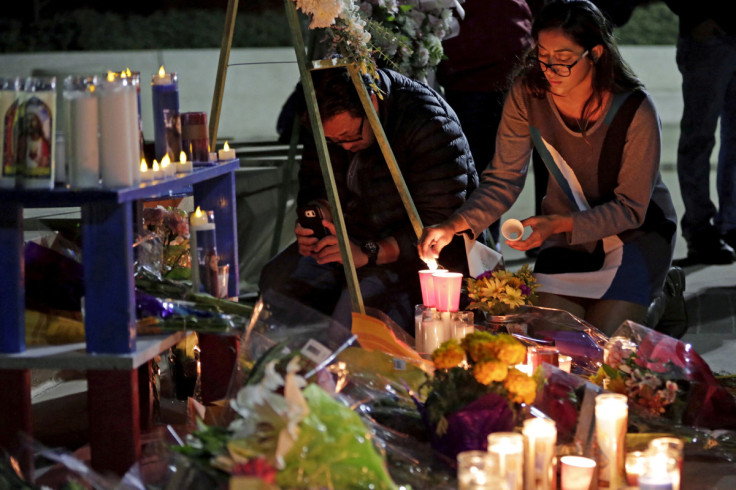As U.S. Supreme Court Weighs YouTube's Algorithms, 'Litigation Minefield' Looms

In 2021, a California state court threw out a feminist blogger's lawsuit accusing Twitter Inc of unlawfully barring as "hateful conduct" posts criticizing transgender people. In 2022, a federal court in California tossed a lawsuit by LGBT plaintiffs accusing YouTube, part of Alphabet Inc, of restricting content posted by gay and transgender people.
These lawsuits were among many scuttled by a powerful form of immunity enshrined in U.S. law that covers internet companies. Section 230 of the Communications Decency Act of 1996 frees platforms from legal responsibility for content posted online by their users.
In a major case to be argued at the U.S. Supreme Court on Tuesday, the nine justices will address the scope of Section 230 for the first time. A ruling weakening it could expose internet companies to litigation from every direction, legal experts said.
"There's going to be more lawsuits than there are atoms in the universe," law professor Eric Goldman of the University of Santa Clara Law School's High Tech Law Institute said.
The justices will hear arguments in an appeal by the family of Nohemi Gonzalez, a 23-year-old woman from California shot dead during a 2015 rampage by Islamist militants in Paris, of a lower court's ruling dismissing a lawsuit against YouTube's owner Google LLC seeking monetary damages, citing Section 230. Google and YouTube are part of Alphabet.
The family claimed that YouTube, through its computer algorithms, unlawfully recommended videos by the Islamic State militant group, which claimed responsibility for the attacks, to certain users.
A ruling against the company could create a "litigation minefield," Google told the justices in a brief. Such a decision could alter how the internet works, making it less useful, undermining free speech and hurting the economy, according to the company and its supporters.
It could threaten services as varied as search engines, job listings, product reviews and displays of relevant news, songs or entertainment, they added.
Section 230 protects "interactive computer services" by ensuring they cannot be treated as the "publisher or speaker" of information provided by users. Legal experts note that companies could employ other legal defenses if Section 230 protections are curbed.
Calls have come from across the ideological and political spectrum - including Democratic President Joe Biden and his Republican predecessor Donald Trump - for a rethink of Section 230 to ensure that companies can be held accountable. Biden's administration urged the justices to revive the Gonzalez family's lawsuit.
'GET OUT OF JAIL FREE'
Civil rights, gun control and other groups have told the justices that platforms are amplifying extremism and hate speech. Republican lawmakers have said platforms stifle conservative viewpoints. A coalition of 26 states stated that social media firms "do not just publish" user content anymore, they "actively exploit it."
"It's a huge 'get out of jail free' card," Michigan State University law professor Adam Candeub said of Section 230.
Grievances against companies vary. Some have targeted the way platforms monetize content, place advertisements or moderate content by removing or not removing certain material.
Legal claims often allege breach of contract, fraudulent business practices or violations of state anti-discrimination laws, including based on political views.
"You could have a situation where two sides of a very controversial issue could be suing a platform," said Scott Wilkens, an attorney at Columbia University's Knight First Amendment Institute.
Candeub represented Meghan Murphy, the blogger and writer on feminist issues who sued after Twitter banned her for posts criticizing transgender women. A California appeals court dismissed the lawsuit, citing Section 230, because it sought to hold Twitter liable for content Murphy created.
A separate lawsuit by transgender YouTube channel creator Chase Ross and other plaintiffs accused the video-sharing platform of unlawfully restricting their content because of their identities while allowing anti-LGBT slurs to remain. A judge blocked them, citing Section 230.
ANTI-TERRORISM ACT
Gonzalez, who had been studying in Paris, died when militants fired on a crowd at a bistro during the rampage that killed 130 people.
The 2016 lawsuit by her mother Beatriz Gonzalez, stepfather Jose Hernandez and other relatives accused YouTube of providing "material support" to Islamic State in part by recommending the group's videos to certain users based on algorithmic predictions about their interests. The recommendations helped spread Islamic State's message and recruit jihadist fighters, the lawsuit said.
The lawsuit was brought under the U.S. Anti-Terrorism Act, which lets Americans recover damages related to "an act of international terrorism." The San Francisco-based 9th U.S. Circuit Court of Appeals dismissed it in 2021.
The company has attracted support from various technology businesses, scholars, legislators, libertarians and rights groups worried that exposing platforms to liability would force them to remove content at even the hint of controversy, harming free speech.
The company has defended its practices. Without algorithmic sorting, it said, "YouTube would play every video ever posted in one infinite sequence - the world's worst TV channel."


© Copyright Thomson Reuters 2024. All rights reserved.





















